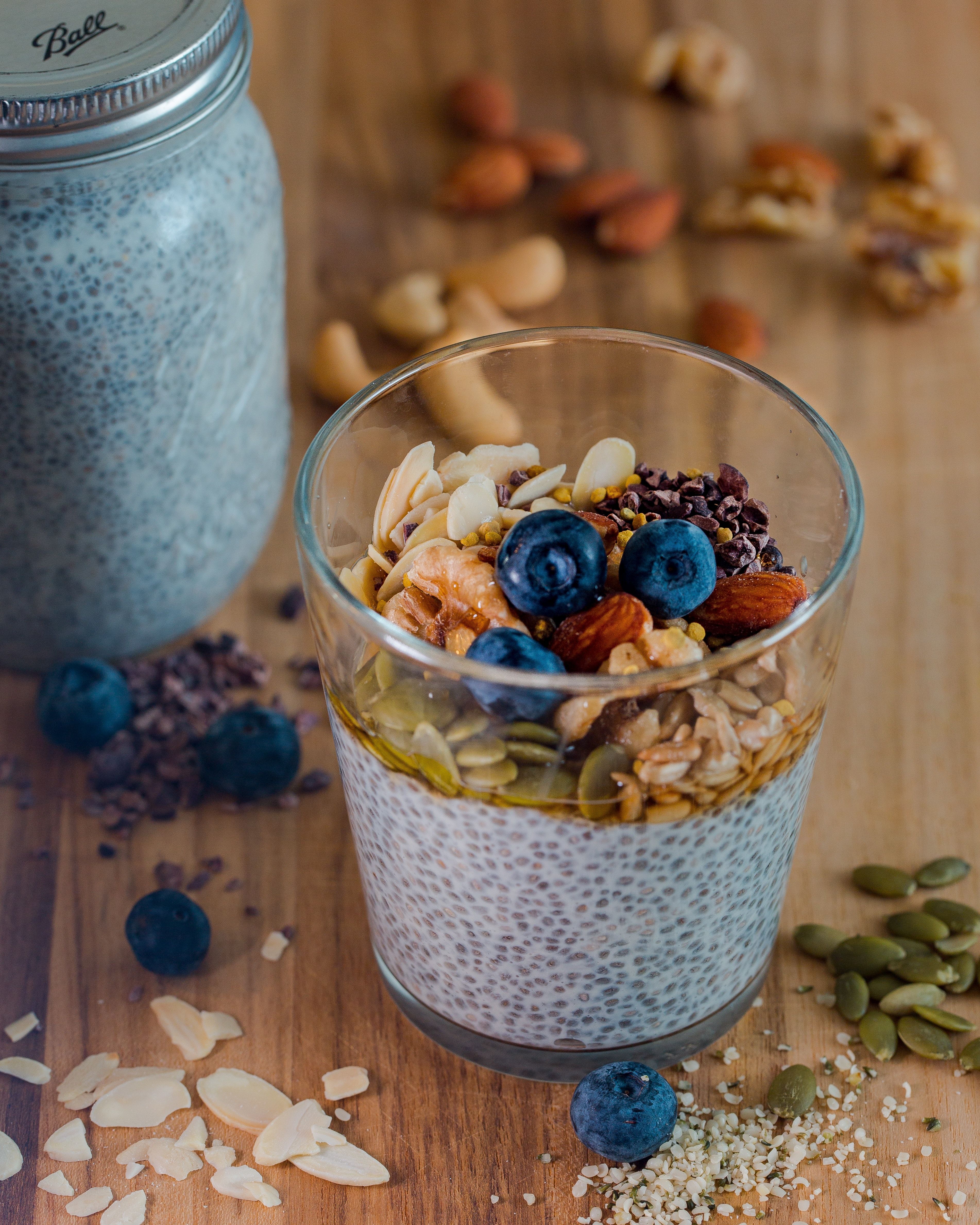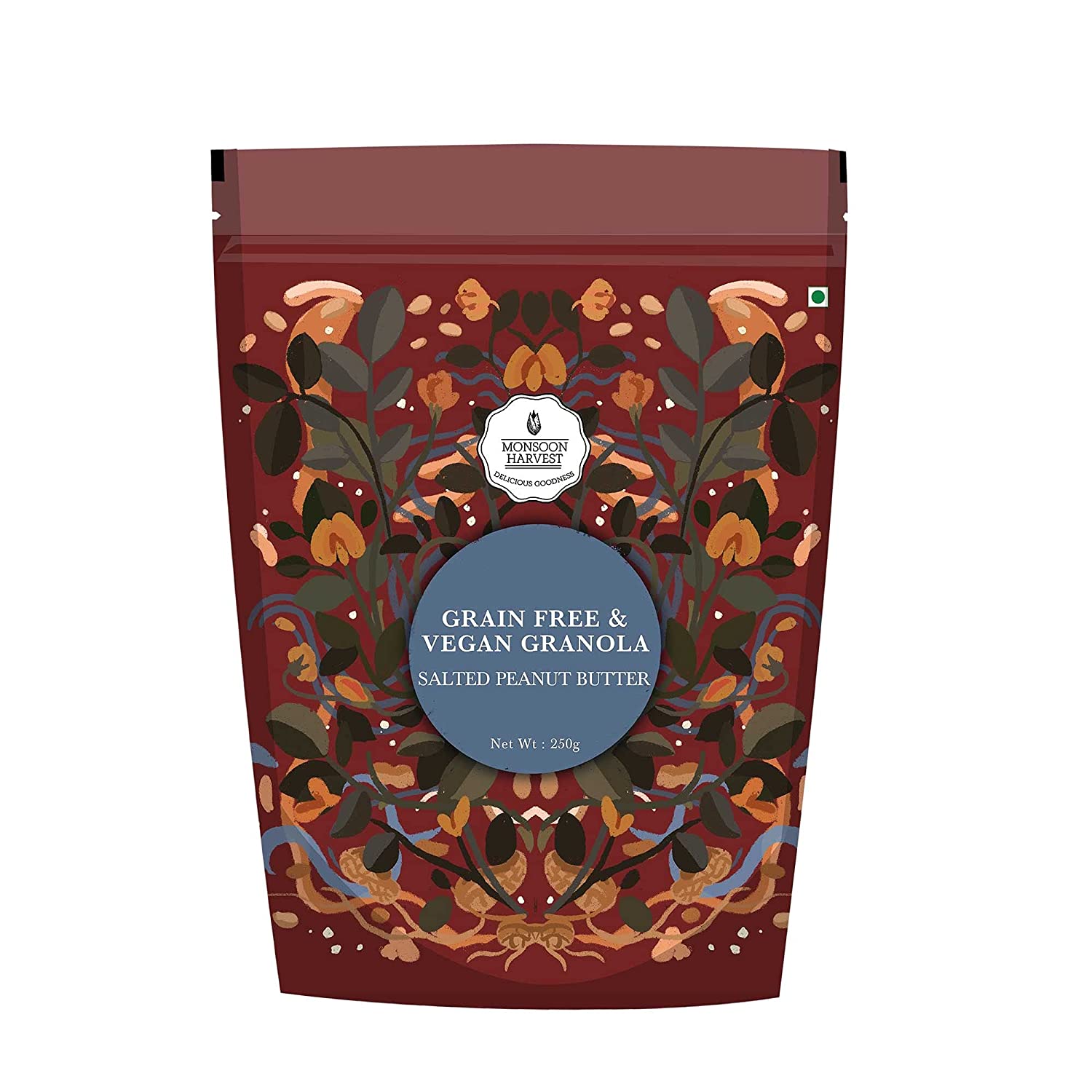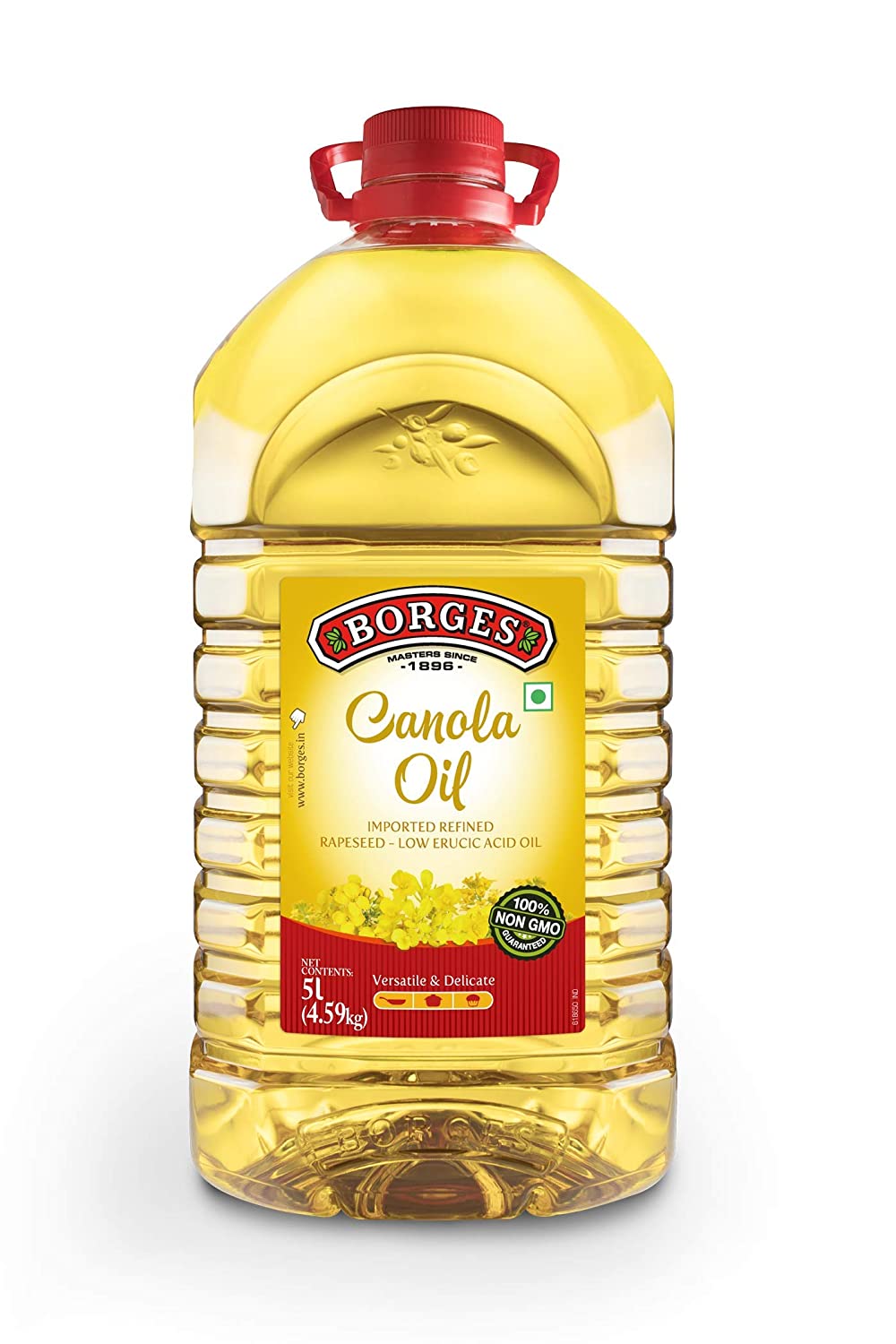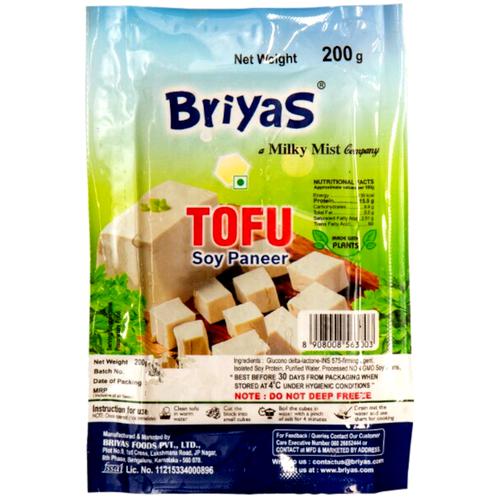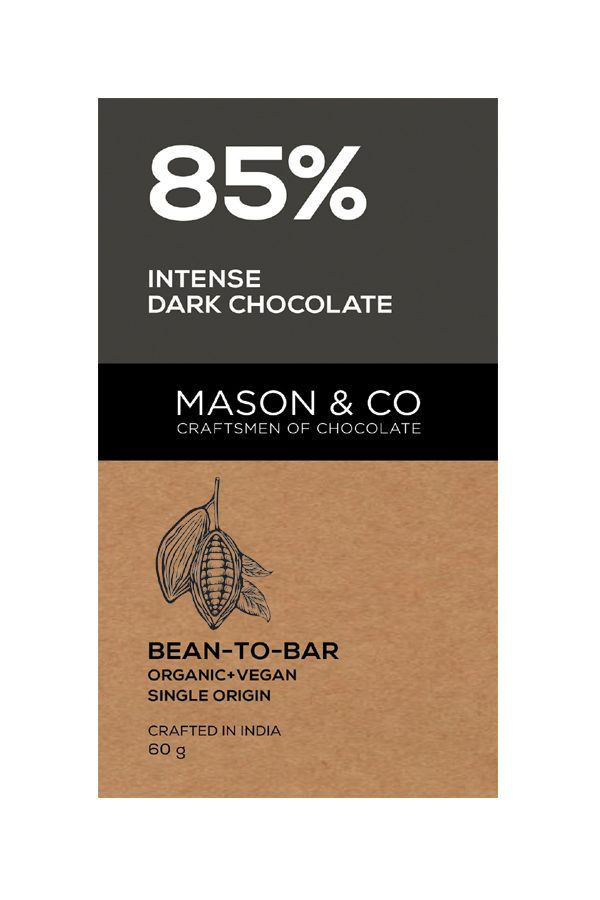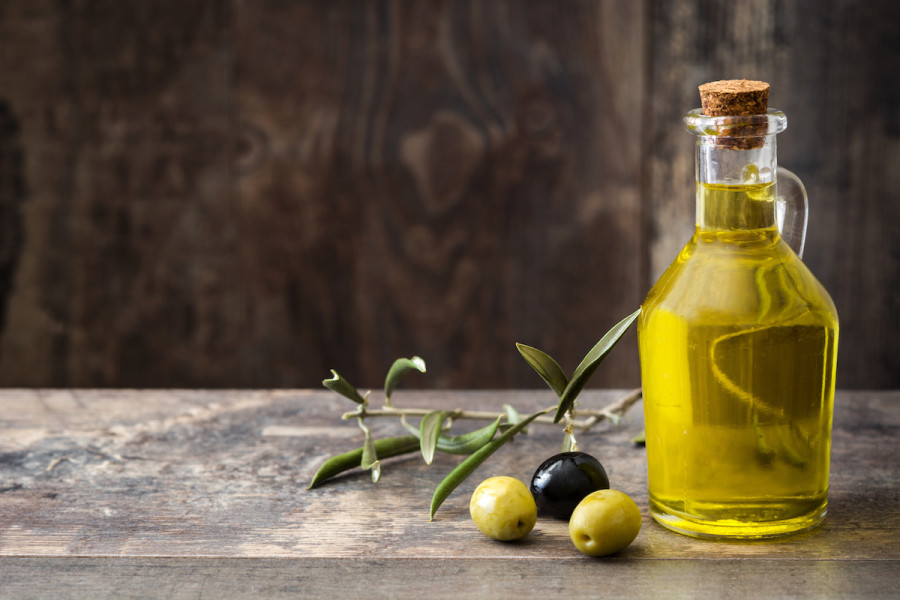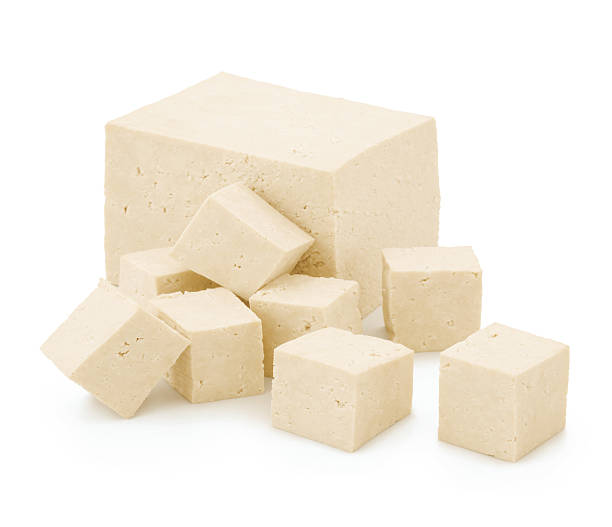Published Date January 24, 2003
Healthy High-Fat Foods to Keep You Full and Satisfied
By Arpita Sudev
5 min read
Last update date: January 24, 2003
All about monounsaturated fats, polyunsaturated fats,omega-3 fatty acids and high-fat Foods.
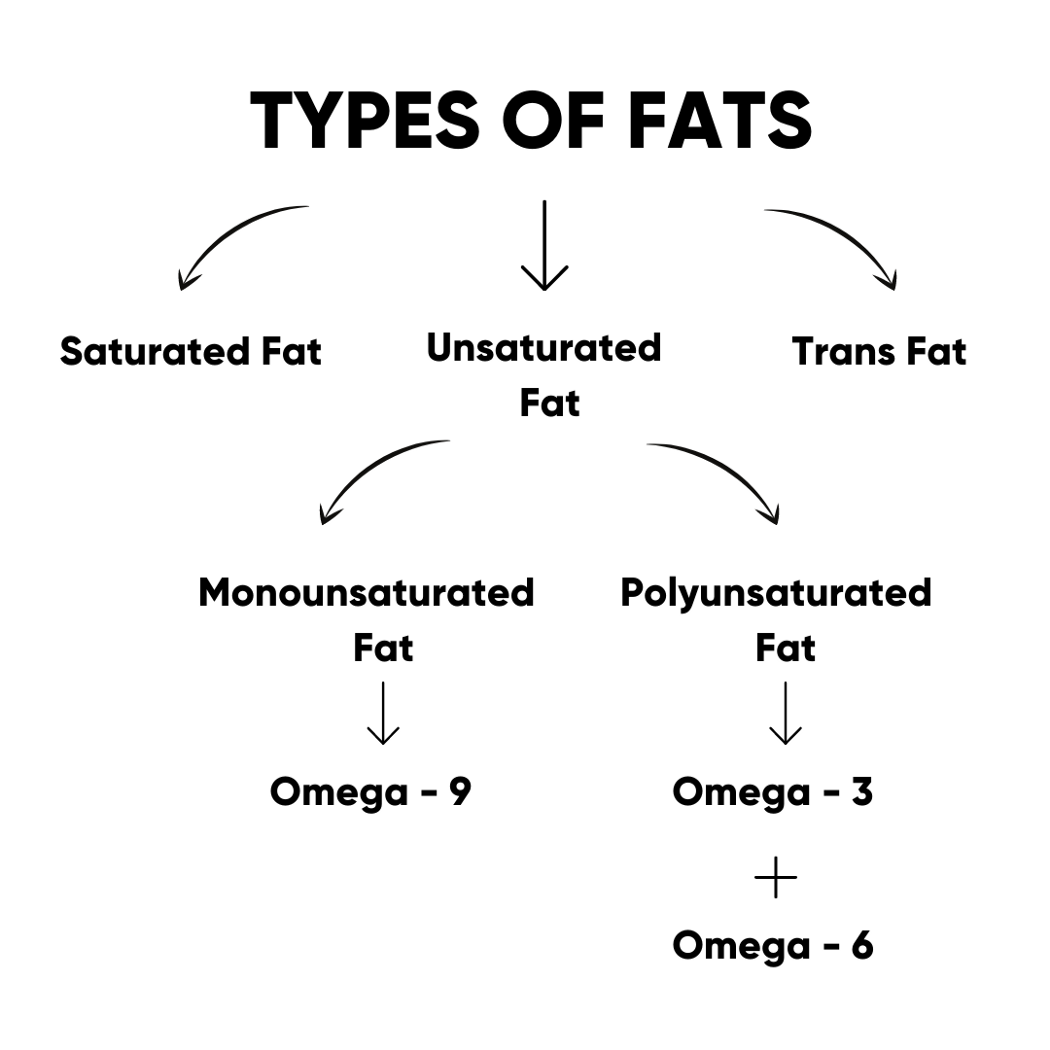
Fats are not all bad in fact, some are healthy. Your body needs dietary fat (which is why many fats are called “essential”) to lose weight and for other bodily functions.
Healthy fats help regulate hunger hormones, increase satiety, transport nutrients through your body, and improve the uptake of fat-soluble vitamins. Most unprocessed and high-fat foods are packed with several important nutrients, including vitamins, minerals, and antioxidants.
But not all fats are equal in nutrition and health impact. With all the different types of fat out there, it can be confusing to determine what types of fats are good for you. With the ever-changing lifestyle, nutritional needs have also evolved and so is the narrative on fat intake. To cut through the noise, here are some healthy-fat foods you need to know about. But, before you go off on a high-fat binge, remember that — like all foods — even these healthy fats should be consumed in moderate amounts.
Here’s what we mean by healthy-fat foods.
Healthy fats usually refer to monounsaturated and polyunsaturated fats. These fats offer heart-health benefits and reduce LDL (bad) cholesterol — the kind that clogs your arteries. Here’s the list of healthy-fat foods you should add to your plate.
- Avocados:
This wonder fruit is rich, creamy, and — unlike butter — an acceptable food to eat all on its own. It provides two things that butter doesn’t — protein and fibre which offers numerous digestive, heart health, bone health, and weight management benefits. - Nuts: Polyunsaturated fats in nuts activate genes that reduce fat storage and improve insulin metabolism. Walnuts are the best source of omega-3 fatty acids. Nuts like pecans, pistachios, cashews, and almonds also pack a lot of other healthy fats. Almonds are the richest in vitamin E, and pistachios have lutein, zeaxanthin, and carotenoids crucial for eye health. Peanuts (technically a legume) contain monounsaturated fats, along with some Omega-6s. Studies show that people who eat nuts tend to be healthier and have a lower risk of various diseases.
- Dark Chocolate: Dark chocolate contains the highest percentage of pure cocoa butter, a source of digestion-slowing saturated fat called stearic acid. Because dark chocolate takes more time to process, it staves off hunger and helps you lose weight. It’s packed with antioxidants, principally polyphenols including flavonoids such as epicatechin, catechin, and notably the procyanidins, which can help fight off free radicals and improve blood flow. It also contains vitamins A, B, and E, calcium, iron, potassium, magnesium, and dietary fibre.
- Salmon: Oily fish like salmon (and sardines, mackerel, and trout) are full of Omega-3 fatty acids. Eating this fish is one of the best ways to get this essential fat. Tuna also packs a high amount of docosahexaenoic acid (DHA), an Omega-3 fatty acid. These Omega-3s reduce the risk of arrhythmia, decrease triglyceride levels, and can slightly lower blood pressure.
- Cheese: Cheese is an excellent source of protein, calcium, vitamins, minerals, and fatty acids, while it also helps slow down the absorption of sugar and carbohydrates, leading to consistent energy levels and improved brain function. Though cheese is high in saturated fats, it is a strong contributor to various other nutrients essential for the body.
- Whole Eggs: An easy source of protein. While it’s true that the egg yolk contains some fat, it’s also packed with important nutrients. One whole egg contains 5 grams of fat, but only 1.5 grams are saturated. Studies have shown that egg yolks ultimately help to reduce LDL (“bad” cholesterol). Not only will it improve your cholesterol, but eggs are also the number one dietary source of a nutrient called choline. Choline, also found in lean meats, seafood, and collard greens, triggers your body to store fat around your liver by attacking the gene mechanism.
- Heavy Cream and Whole Fat Milk: Opting for full-fat dairy can result in high satisfaction. The fat will help you absorb fat-soluble nutrients in dairy, like vitamins A and D. Similarly, Full-fat yogurt can be nutrient-rich. It has all the same important nutrients as other high-fat dairy products. However, it’s also loaded with healthy probiotics that can have significant positive effects on your health. Studies show that yogurt may improve digestive health and may even help with weight management and heart health.
- Olive and Canola Oil: Olive oil is rich in cancer-fighting polyphenols and heart-strengthening monounsaturated fats, including oleic acid. It has higher levels of adiponectin (a hormone responsible for breaking down fats in the body).
- Flax and Chia Seeds: Flaxseeds and chia seeds contain ALA, an essential Omega-3 fatty acid that can aid weight maintenance, suppress hunger, and can reduce heart disease risks by promoting blood vessel health and reducing inflammation. It also provides much-needed antioxidants, fibre, protein, iron, and calcium.
- Nut and Seed Butter: Not all kinds of butter are good sources of healthy fats. It’s important to check out the nutrition labels on jars of regular and reduced-fat nut butter. Each serving provides a healthful amount of monounsaturated and polyunsaturated fats. It's important to consume these tasty spreads in moderation as they can be high in calories.
- Cottage Cheese and Tofu: Tofu is a solid plant-based protein made of soybeans, and it’s low in sodium while providing nearly a quarter of your daily calcium needs. It’s not as high in fat as the other foods on this list, but tofu is still a good source of monounsaturated and polyunsaturated fats. Cottage cheese or paneer is loaded with the goodness of healthy fats and milk proteins, which makes paneer a great source of nutrition for healthy bones, teeth, and skin.
Takeaway:
Fat is one of the three essential macronutrients the body needs, along with carbohydrates and protein. You should balance your diet which includes healthful monounsaturated and polyunsaturated fats. These dietary fats are essential to give your body, energy and support cell function. Try to reduce the intake of saturated fats and avoid even small amounts of trans fat for a healthy lifestyle. A simple strategy is to add some healthy fat to every meal. Remember that, these healthy fat foods should be eaten in moderation.
References
- https://my.robinsmorton.com/salary/tips/19-healthy-high-fat-foods-to-keep-you-full-and-satisfied/#:~:text=They%20can%20be%20found%20in,algae%2C%20nuts%2C%20and%20seeds
- https://www.eatthis.com/healthy-fats/
- https://www.healthline.com/nutrition/15-incredibly-filling-foods
- https://familydoctor.org/nutrition-how-to-make-healthier-food-choices/
- https://www.mayoclinic.org/healthy-lifestyle/weight-loss/in-depth/weight-loss/art-20044318
Keep reading

Heart-Healthy Foods You Should Be Eating
All about chia seeds, flaxseeds, coffee, Green tea and heart-healthy foods.
By Naurin Ansari

What to look out for in foods if you have cholesterol
All about avocados, whole grains, HDL, LDL and cholesterol
By Naurin Ansari

Hydration Facts You Need To Know
Water is the most essential drink in our life. It is used in almost all the activities that we carry out in our day-to-day life. Cooking, bathing, cleaning, everything needs water.
By Hetvi Shah
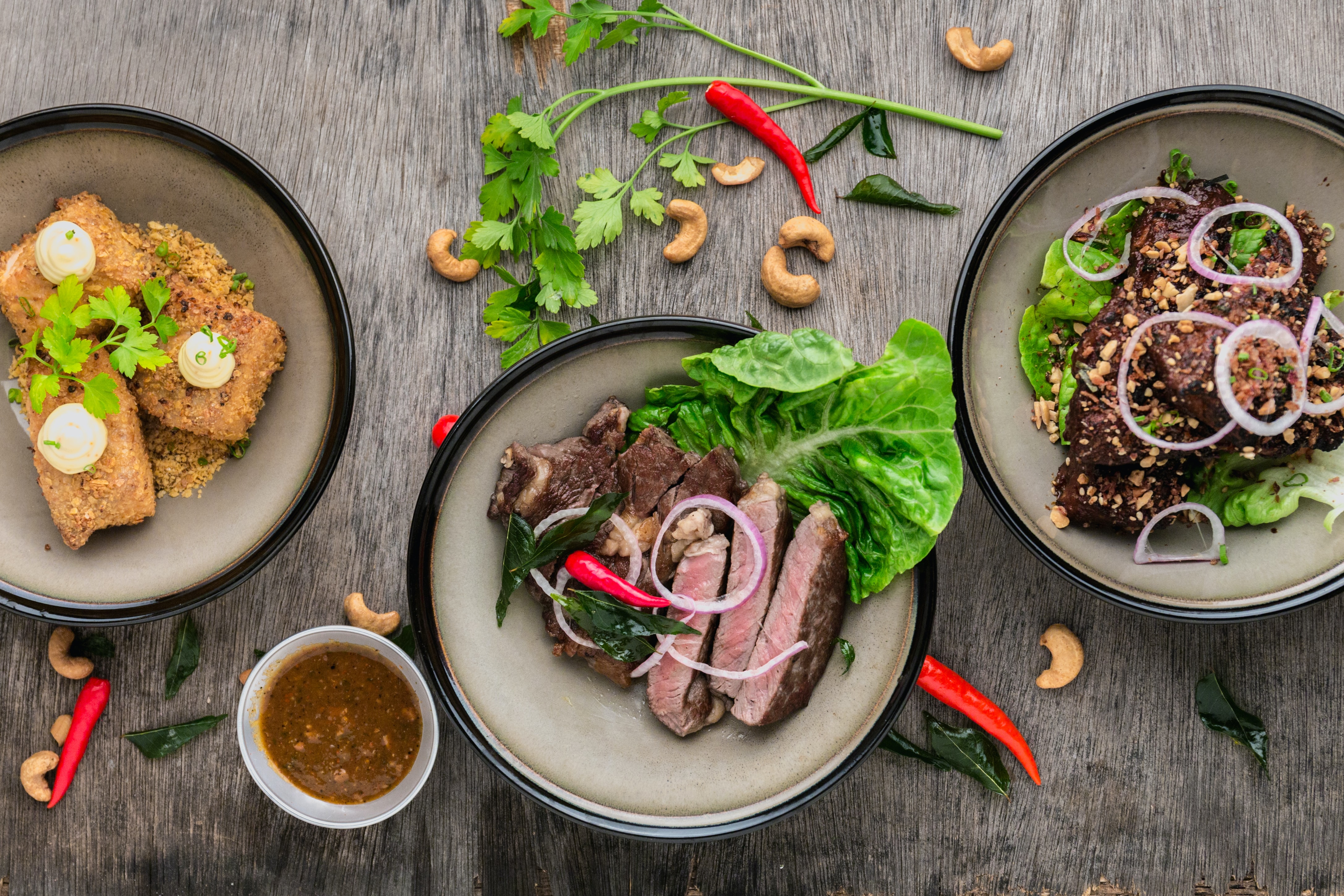
How to Deal with High Uric Acid?
All about purine-rich foods, carbonated drinks, vitamin C and high uric acid.
By Arpita Sudev
Related Items
Choose Healthy With Us.
Know the real truth about your food. Stay informed and healthy, for free.

Download the App Now
Certified nutritionists trust our food recommendations. Safe to say, so can you :)




